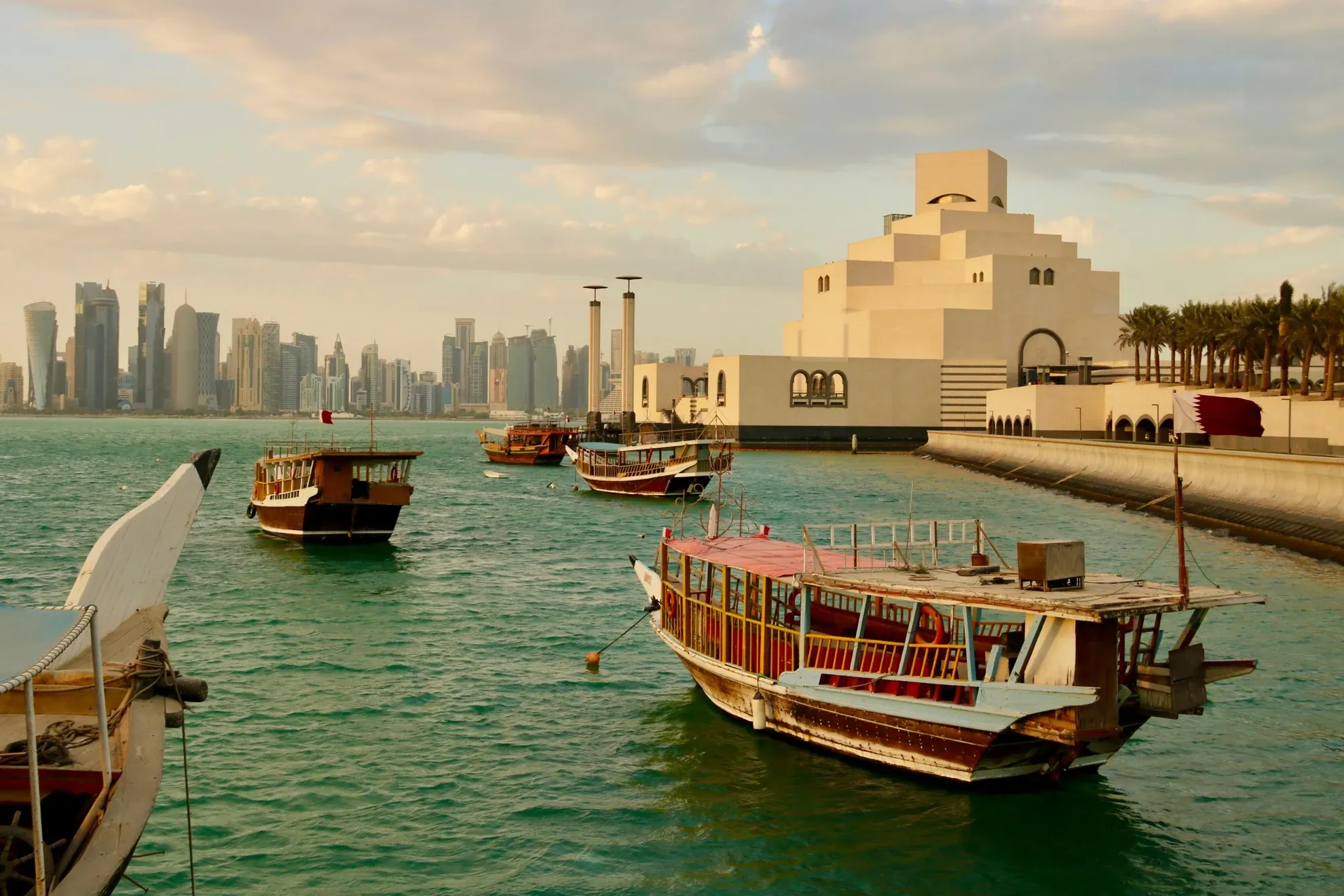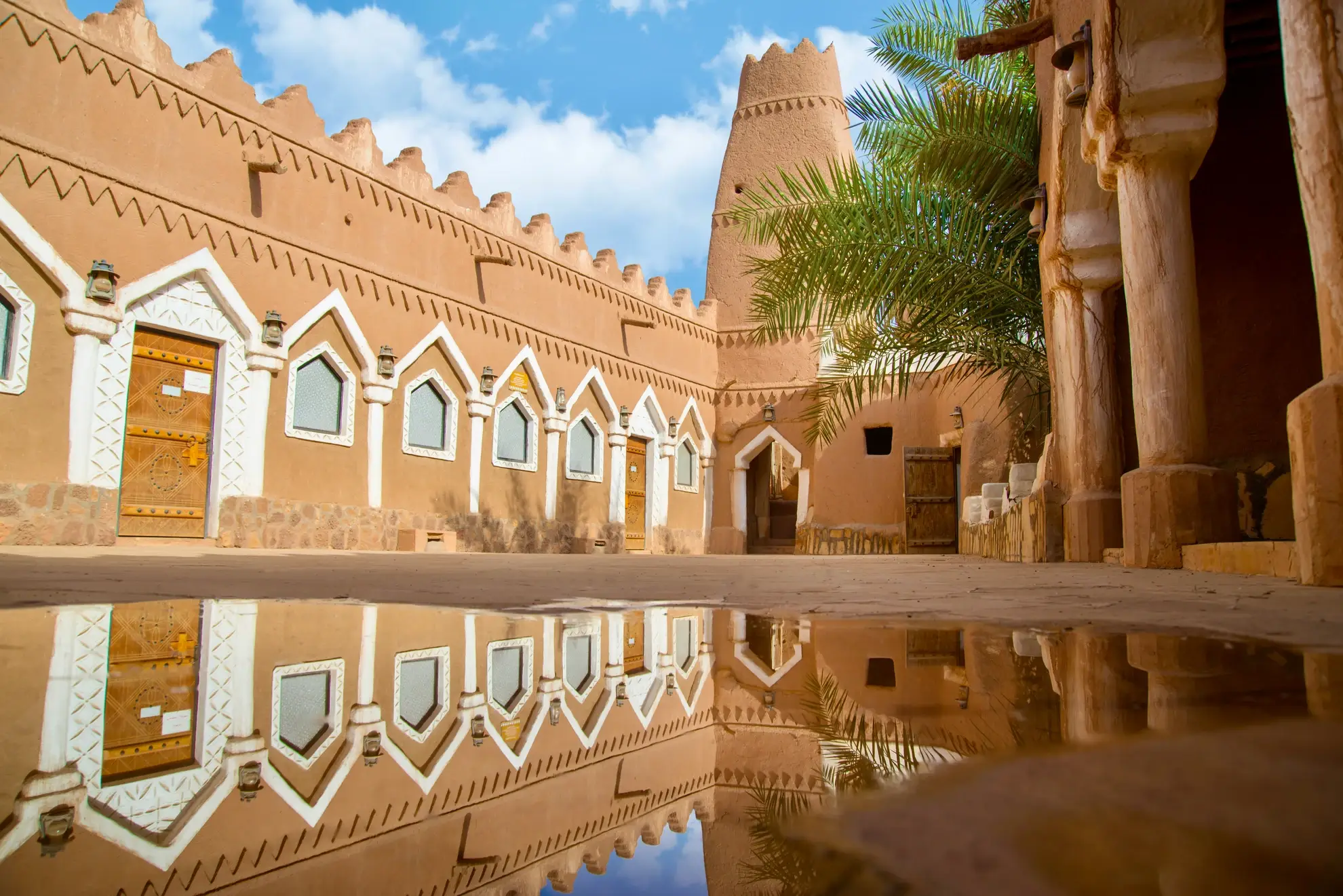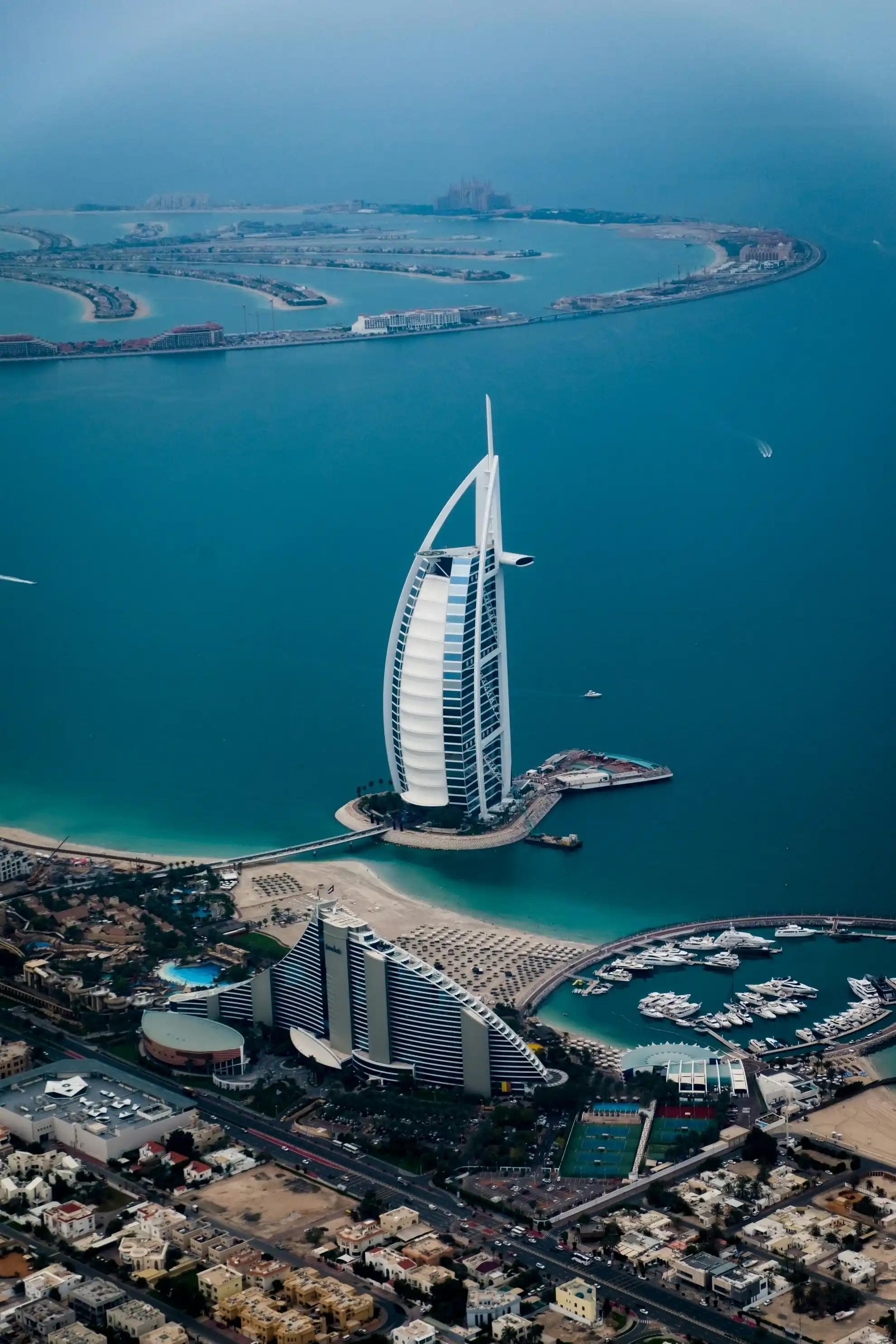eSIM Plans for Travelers to The Middle East - 5 Countries
Unlimited data at kbps after using
Get Connected Instantly Worldwide
Follow our proven 3-step process to enjoy seamless internet connectivity during your travels. Trusted by over 1 million travelers globally.
Ready to Stay Connected Anywhere?
Join millions of satisfied travelers who choose our reliable eSIM solutions for their international connectivity needs.
What You Need to Know About Middle East - 5 Countries Network
Network Coverage
urban area
• Major cities have achieved extensive 5G network coverage, with 5G-A technology already deployed in core areas.
- Dubai, Abu Dhabi (UAE): Full 5G-A coverage in city centers, airports, and business districts with speeds up to 2Gbps, becoming the first country globally to launch nationwide 5G-A network construction in December 2023.
- Riyadh, Jeddah (Saudi Arabia): The core business districts have excellent 5G coverage, with full 5G coverage along the Haramain High-Speed Railway, supported by companies like Huawei in the 5G construction.
- Doha (Qatar): The World Cup venues and Hamad International Airport have full 5G coverage, with 85% 5G coverage in the urban area and stable internet speeds exceeding 300Mbps.
- Kuwait City (Kuwait): The financial district and main commercial center feature a hybrid 4G+/5G coverage, with 5G networks being rapidly deployed.
- Manama (Bahrain): A 5G pilot network in the city center and international airport, with download speeds reaching 600 Mbps in commercial areas, actively participating in the development of 5G-A.
- Dammam, Khobar (Saudi Arabia): The Eastern Province's economic hub has fully rolled out 5G commercial services, with stable 4G signals in port areas.
- Wakra (Qatar): Deep 5G coverage in Education City and West Bay Business District, with excellent 4G network quality in residential areas.
Tourist attractions and desert areas
• The main attractions have basic coverage, but the signal is unstable in deserts and remote areas.
- Burj Khalifa and Palm Jumeirah (UAE): 5G coverage on observation decks and major facilities, with only 3G signal in desert dune bashing areas.
- The Grand Mosque in Mecca and the Prophet's Mosque in Medina (Saudi Arabia): 4G coverage across the entire religious core area, potential network congestion during Hajj, and adherence to local mobile phone usage regulations is required.
- Louvre Abu Dhabi, Saadiyat Island (UAE): Stable 4G coverage in the cultural district, signal weakens in desert fringe areas.
- Museum of Islamic Art in Doha, Souq Waqif (Qatar): The old city has good 4G coverage, with possible signal fluctuations in narrow alleys.
- Bahrain World Trade Center, Bahrain Fort (Bahrain): Stable signals inside landmark buildings, continuous 4G coverage along coastal areas.
- Saudi Arabia's Ancient City of AlUla: 4G Coverage in Main Archaeological Areas, Unstable Signal in Remote Site Regions
- Kuwait Towers and Grand Market Area: 4G full coverage in downtown attractions, only 2G service in suburban desert tourist areas.
- UAE Desert Reserve (e.g., Ras Al Khor Wildlife Sanctuary): 4G coverage at visitor centers, no signal in remote desert areas.
- Edge of the Rub' al Khali Desert (Saudi/UAE border): Basic 4G coverage, no signal in the desert interior.
Network Usage Tips
Deserts and remote areas
In areas such as the Rub' al Khali Desert and the edges of the Omani Desert, the signal is extremely weak or nonexistent, so it is recommended to download offline maps in advance. According to ITU data, mobile network coverage in Arab countries reaches as high as 95%, but it drops significantly in remote regions.
Restrictions on religious sites
The use of mobile phones is strictly restricted within the Grand Mosque in Mecca. During the Hajj pilgrimage, internet access may be limited, and local religious regulations must be observed. Signals may be blocked in some religious sites.
High temperature environmental impact
High summer temperatures in the Middle East (50°C+) can accelerate smartphone battery drain and cause devices to overheat, potentially triggering automatic shutdowns. It is recommended to carry portable cooling devices and extra power banks.
Cross-border network handover
Network switching delays may occur in areas such as the Saudi-UAE border and the Qatar-Saudi border. It is recommended to set up the APN in advance.
Internet censorship and restrictions
Some countries regulate VoIP applications (such as WhatsApp calls). While eSIMs comply with local regulations, it is advisable to confirm service coverage in advance to avoid disruptions in critical communications.
Ramadan Internet Congestion
During Ramadan, nighttime traffic surges, and networks in popular areas may experience congestion. It is recommended to avoid performing high-bandwidth operations during peak hours from 22:00 to 2:00.
Indoor signal attenuation
Traditional Arabic architecture, with its thick walls and metal decorations, can significantly weaken signals. It is recommended to use the internet near balconies or open areas.
Electricity and Base Station Stability
Extreme high temperatures may cause temporary shutdowns of base stations, so it is recommended to download necessary materials in places with stable power supply, such as hotels. According to data, only 54.6% of people in Arab countries use the internet, partly due to infrastructure limitations.
Price Evaluation
Mobile networks in five Middle Eastern countries cover 89% of the population with 4G/5G access, with a relatively small gap between urban and suburban areas (78% 5G coverage in cities and 67% 4G coverage in suburbs). Mobile data prices in these countries are significantly lower than the global average, and basic urban plans (500MB-2GB/day) fully meet daily needs. Industry reports indicate that the UAE and Saudi Arabia rank among the global leaders in 5G speeds, while Qatar achieved full urban 5G coverage after the World Cup. For urban travel, a 500MB-1GB plan is recommended, while desert expeditions may require 2GB or more to ensure continuous usage. Mobile data prices in the Middle East have dropped by 45% since 2018, but signal limitations still exist in religious sites and desert areas. Companies like Huawei and ZTE are actively involved in 5G infrastructure projects in Saudi Arabia and Bahrain, ensuring good compatibility for Chinese users.
Recommended eSIM packages relevant to you
Enjoy seamless connectivity on your travels. Choose from our diverse global eSIM plans to enhance your next journey.


